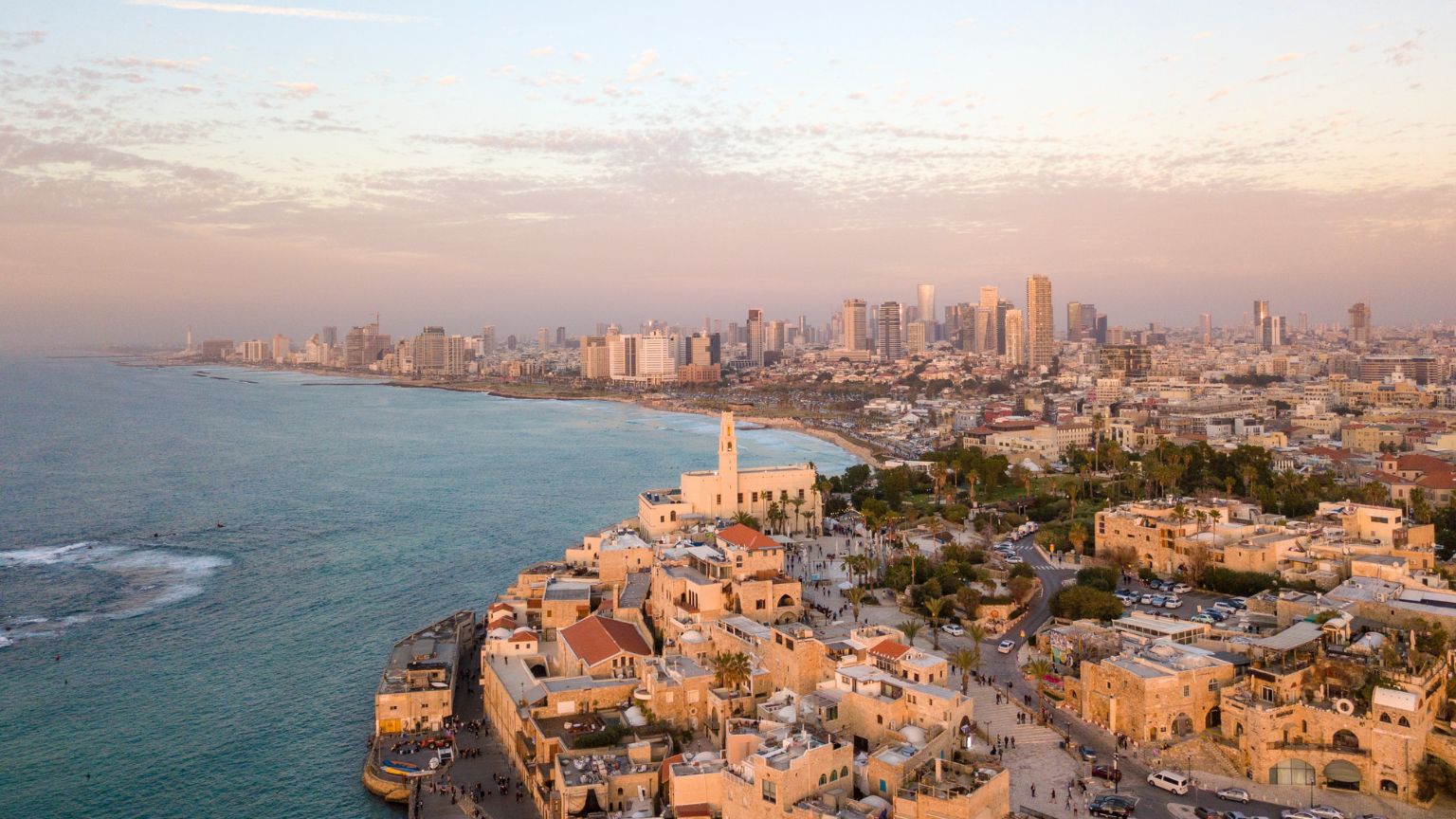In a worrisome development for privacy advocates, a forthcoming Israeli legislative measure is set to expand extensive surveillance over public spaces through the use of facial recognition technology. This legislation is an encroachment on digital rights and is reminiscent of the ominously dubbed all-pervasive surveillance regime, Big Brother.
The burgeoning bill, backed by National Security Minister Itamar Ben Gvir and Justice Minister Yariv Levin, has found favor with the Knesset’s Ministerial Committee for Legislation. It green-lights the police force to establish a network of high-tech facial recognition cameras, gathering biometric details of individuals within both towns and cities.
Worryingly, a police officer, regardless of rank, has the authority to initiate the operation of these pervasive cameras, with the alleged aim of combating organized crime.
The application of this law will legitimize intrusive, round-the-clock surveillance, effectively turning public spaces into potential arenas of intimidation.
To further aggravate the practical implications, there is no emphasis on regulatory oversight within this legislation. Police have been granted wide-reaching powers to collate information without requiring judicial warrants or supervisory checks, thus escalating the potential for misuse. This unfettered access may result in unregulated arrests or detention, infringing on civil liberties.
The law indicates a further advancement in Israel’s intricate surveillance system, which is often accused of flouting established privacy standards stipulated by international human rights agreements.
It gives access to personal data not only to the Israeli police force but also to wider authorities, including the military and intelligence agencies, under directives from the National Security Minister. The existing surveillance infrastructure also includes the Hawk-Eye system, monitoring vehicle activity, and the Tool system that records mobile phone data.
The proposed bill poses a severe threat to the rights of individuals, particularly with respect to privacy, peaceful assembly, and freedom of expression.










